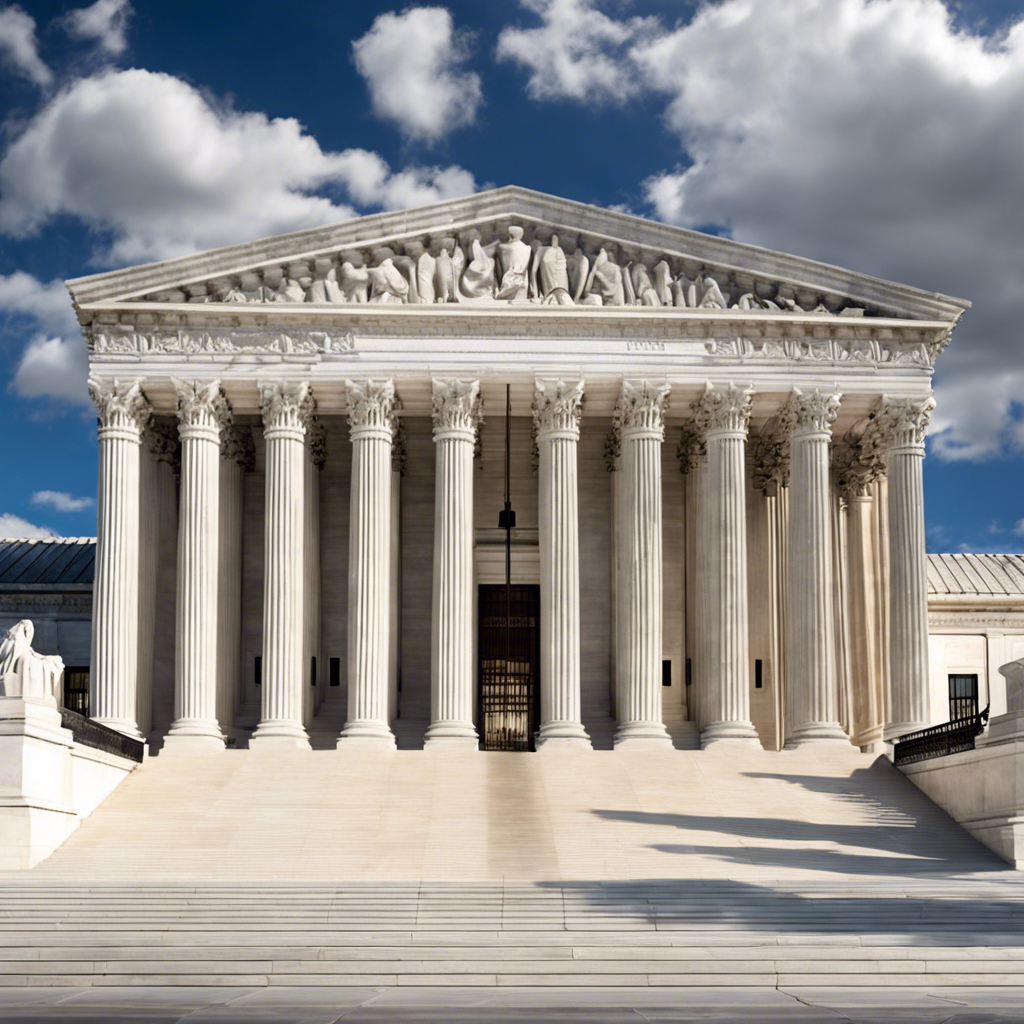Supreme Court Faces Test as Special Counsel Seeks Prosecution of Former President Trump

Special counsel Jack Smith’s request to the Supreme Court thrusts the justices into a highly charged situation with a former president who has repeatedly tried to politicize the federal judiciary.
The request made by special counsel Jack Smith to the Supreme Court has put the justices in a difficult position. They are being asked to decide whether a former president is immune from prosecution for crimes committed while in office. This case not only tests Smith’s federal prosecution of Donald Trump for election subversion but also tests the integrity of America’s highest court. With a divided bench and public trust in the justices at record lows, the Supreme Court’s handling of this case will be closely scrutinized.
Trump’s Anti-Justice Rhetoric
During his tenure, former President Trump consistently disparaged justice-system officials, including judges. He challenged the rule of law, fomented conspiracy theories, and engaged in personal attacks. Trump’s rhetoric aimed at undermining the independence of the judiciary, including the Supreme Court. His actions, such as inviting the justices to a partisan event and publicly criticizing judges who ruled against his policies, raised concerns about the court’s impartiality.
The Constitutional Issue of Presidential Immunity
Special counsel Jack Smith has made a compelling case for the Supreme Court’s early intervention in the question of whether a former president is immune from prosecution. Smith argues that holding a president accountable for criminal conduct is vital to democracy. He invokes the Supreme Court’s 1974 Watergate case and emphasizes that no person is above the law. The court’s decision on this matter may determine the fate of Trump’s trial for election subversion and the January 6, 2021, insurrection.
Justices’ Potential Conflicts of Interest
The Supreme Court’s decision to hear Trump’s claim of immunity may be influenced by the potential conflicts of interest among the justices. Trump appointed three of the justices, and a fourth has ties to Trump through his wife’s involvement in supporting his presidency. Some Democrats have called for Justice Clarence Thomas to recuse himself from the case due to his wife’s role in trying to overturn the election results. The individual justices may have varying views on the urgency of the matter, considering their relationships with Trump.
Swift Consideration of the Presidential-Immunity Dispute
The justices appear open to swift consideration of the presidential-immunity dispute. If they decide to hear the case, Smith has requested that the two sides file opening briefs 14 days after the case is granted. Smith has patterned his timetable on the 1974 Watergate tapes case, where the justices quickly resolved a dispute related to President Richard Nixon’s claim of executive privilege. The Supreme Court’s decision on whether to hear the case will determine the timeline of Trump’s trial for election subversion.
Conclusion: The Supreme Court’s handling of the special counsel’s request to prosecute former President Trump for election subversion will be closely watched. The court’s decision on whether a former president is immune from prosecution for crimes committed while in office has significant implications for the rule of law and the accountability of public officials. With public trust in the justices at record lows, the court must navigate potential conflicts of interest and uphold its integrity. The outcome of this case will shape the future of presidential immunity and the pursuit of justice for those who hold the highest office in the land.

